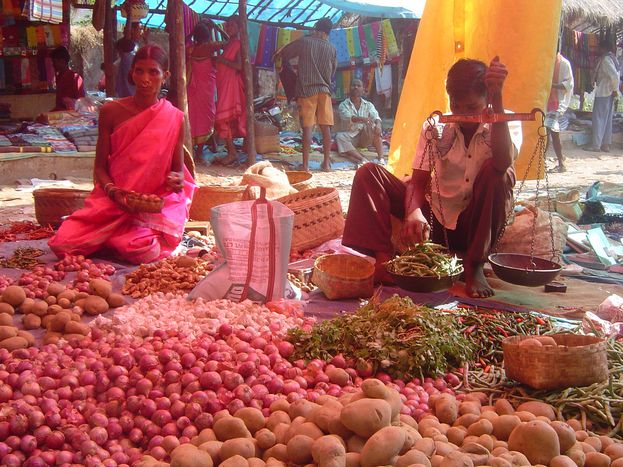
Doha, Qatar: the north-south solidarity harvest in India
Published on
Translation by:
Sarah TruesdaleFrom 29 November to 2 December, UN member states discuss development aid in these times of financial crisis. There is also a crisis in international solidarity: in India, a quarter of a million live in poverty
India has the second largest population on the planet after China: more than a billion people subsist on the soil of this rising economic power. A quarter of these struggle along on the poverty line. The global financial crisis adds to the food shortage crisis, which hit the poorest populations of the world in spring.
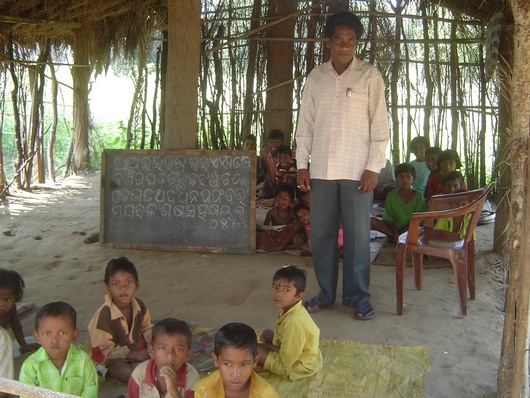 According to the latest available figures, 75 billion euros (£62.84 billion) are still required before the European states, which contribute up to half of all global public aid, can meet their commitment to aim to reduce by half extreme poverty in the world from 2015. This commitment forms part of their millennium objectives. Many voices are being raised in Brussels demanding that these goals be fulfilled and that the discussion be revived in Doha on 29 November, in the middle of the Qatar desert. Will these voices be heard in the state of Orissa in India?
According to the latest available figures, 75 billion euros (£62.84 billion) are still required before the European states, which contribute up to half of all global public aid, can meet their commitment to aim to reduce by half extreme poverty in the world from 2015. This commitment forms part of their millennium objectives. Many voices are being raised in Brussels demanding that these goals be fulfilled and that the discussion be revived in Doha on 29 November, in the middle of the Qatar desert. Will these voices be heard in the state of Orissa in India?
Podma and Son: breaking the vicious circle of poverty
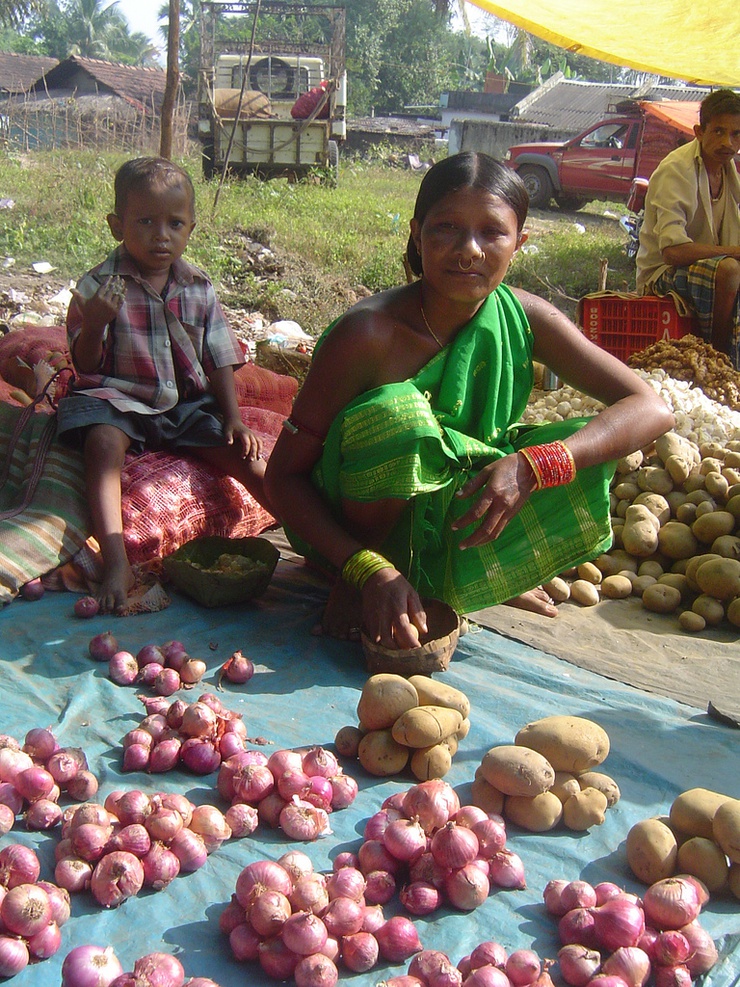
Podma Madji, 35, spreads out her crop in the heart of the weekly market in Goma in the Malkangiri district, Orissa, India. ‘I have to walk for several hours to get to the market to sell the few vegetables that I’ve gathered. It’s my only source of income. I trade it for a bit of rice so that my family can survive,’ says the young mother, holding her two-year-old in her arms.
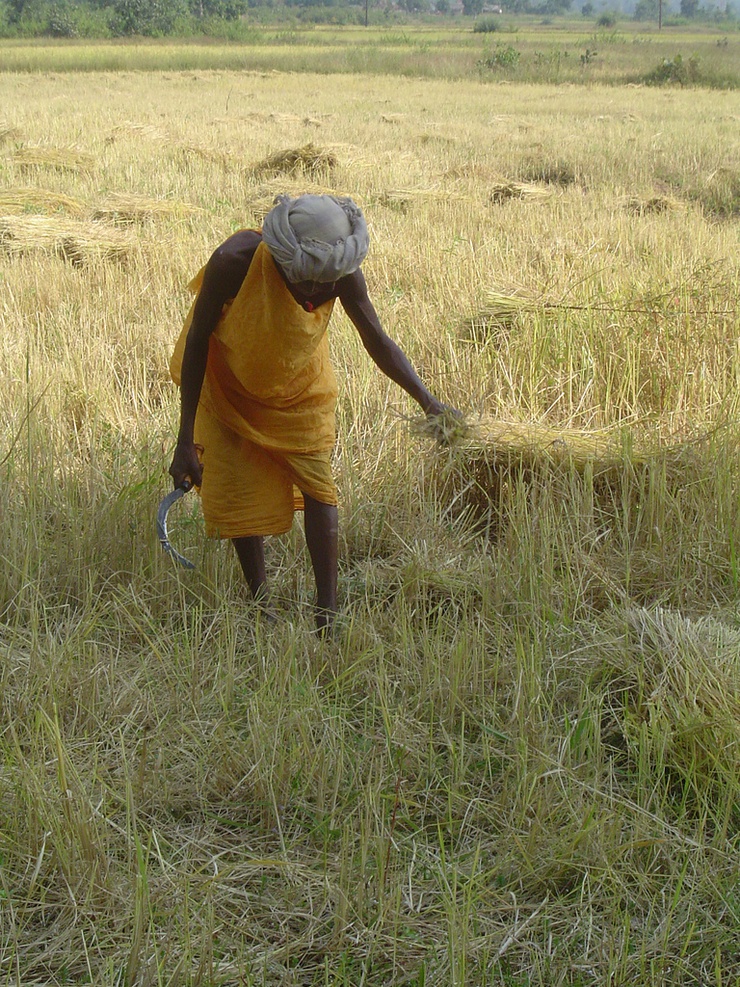
Like Podma, 90% of the inhabitants of this state on the east coast of the country (all 40 million of them!) live in rural areas. Like her, 65% of them do not have access to drinkable water. ‘I had to sell the only piece of land I owned so that I could feed my children and today, I continue to work the land to help my son feed his family,’ says Son Kodira, a grandmother with five grandchildren from the Bonda tribe, who lives up in the hills of the Malkangiri district.
Unaware of their rights
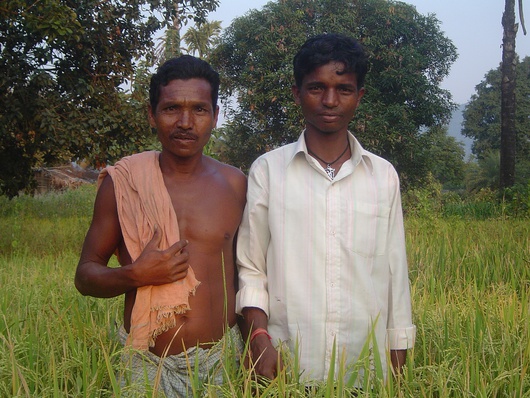 The picture seems bleak. Despite the misery, many local organisations are developing initiatives, aided by EU funds. These initiatives seem to show that development aid can play a crucial role in breaking the vicious cycle of poverty.
The picture seems bleak. Despite the misery, many local organisations are developing initiatives, aided by EU funds. These initiatives seem to show that development aid can play a crucial role in breaking the vicious cycle of poverty.
‘The strategy which has allowed us to bring several hundred people out of poverty was to concentrate our efforts on educating the tribes about their rights and teaching them to take their claims to the authorities,’ explains Soraz Malotra, president of the Rites Forum. The local NGO specialises in defending the rights of the tribes of the Malkangiri district.
‘Associations like ours have allowed, for example, hundreds of cases where people have been subjected to forced labour to be recognised by the authorities of the state. Now these people have received compensation from the state and have begun new lives,’ says Soraz Malotra.
International aid really is useful
In each of the 189 villages that it covers, the Rites organisation has organised meetings of development committees. Here, the community takes stock of progress made in gaining basic rights – rights often recognised by the law, but ignored by villagers – such as access to school nutrition programmes for children, the right to a minimum subsistence income for the poorest or the right to free medical care for pregnant women and access to anti-malarial medicines …
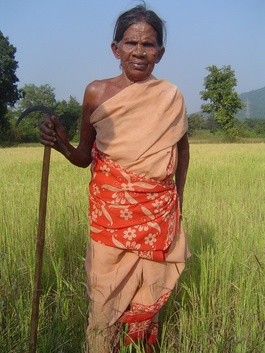 ‘Life in our village has really changed since we have become aware of our rights,’ affirms Mongali Khillo, 60, who lives in Nuaguda, one of the villages in the Malkangiro district which has benefited from the support of the Rites organisation. ‘We now have title deeds and can cultivate our land, we have access to basic care and our children go to school. All my grandchildren go to school and their future will be better,’ says Mongali, who dreams of seeing one of her grandchildren become a teacher at the local school.
‘Life in our village has really changed since we have become aware of our rights,’ affirms Mongali Khillo, 60, who lives in Nuaguda, one of the villages in the Malkangiro district which has benefited from the support of the Rites organisation. ‘We now have title deeds and can cultivate our land, we have access to basic care and our children go to school. All my grandchildren go to school and their future will be better,’ says Mongali, who dreams of seeing one of her grandchildren become a teacher at the local school.
‘The problem in India, and in lots of countries, is not the lack of laws. There are many laws and they have become very progressive in the last few years, but their application is very complicated,’ assesses Sharanya Nayak, programme coordinator of the Orissa branch of Action Aid, an international NGO which fights against poverty. ‘If aid is used not as a substitution for the state, but to reinforce the ability of the poorest to claim their fundamental rights, recognised by law - rights to food, to education, to health – then aid can really make a big difference,’ says Sharanya.
Translated from La récolte de la solidarité Nord-Sud en Inde



